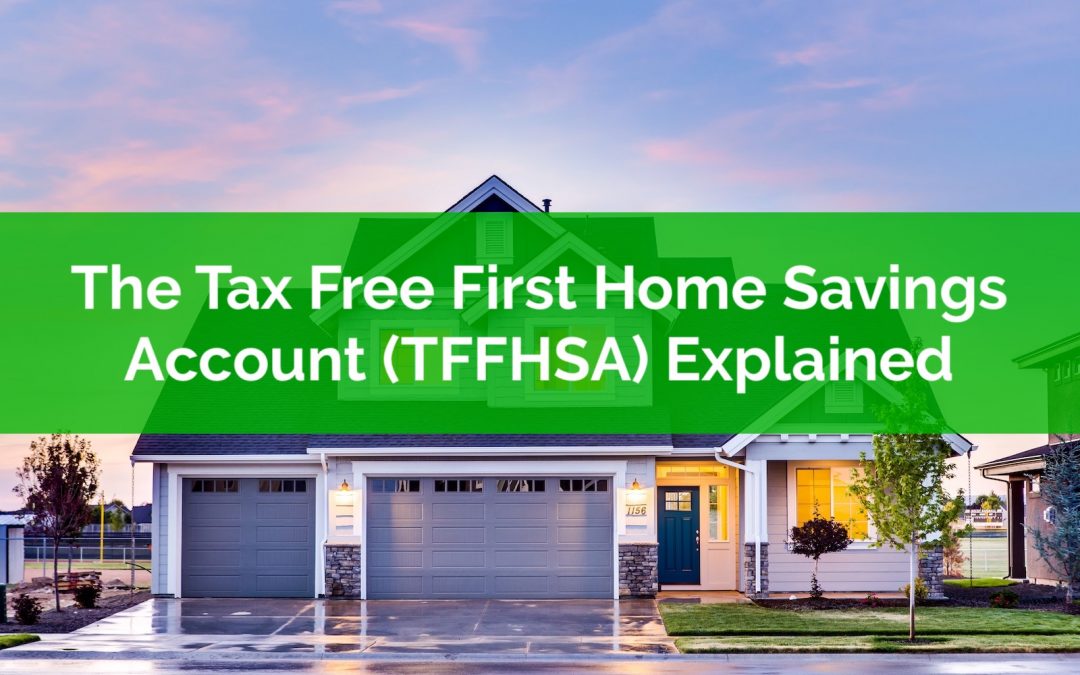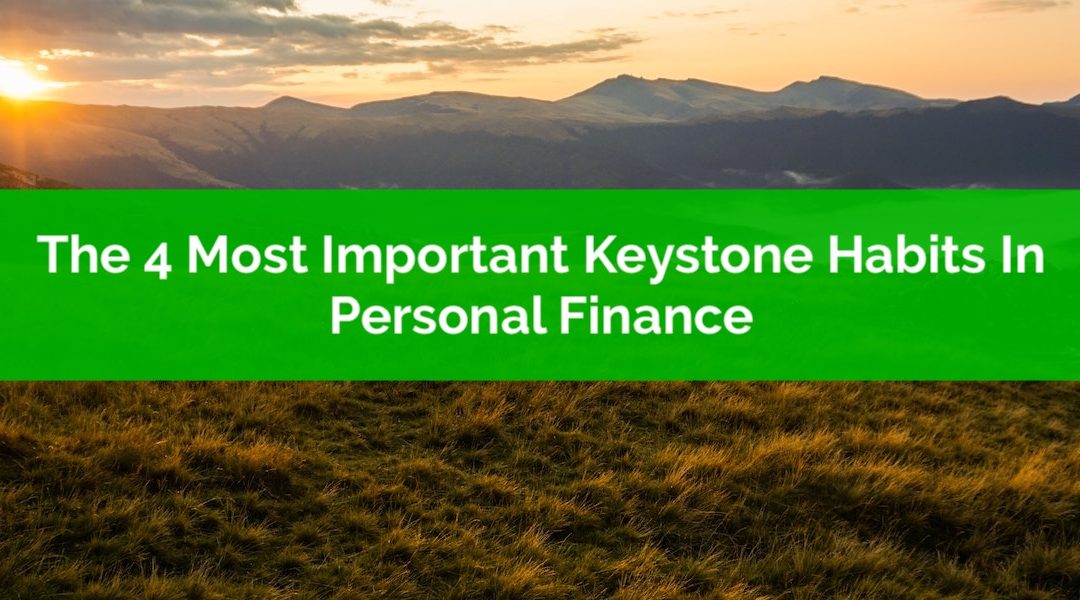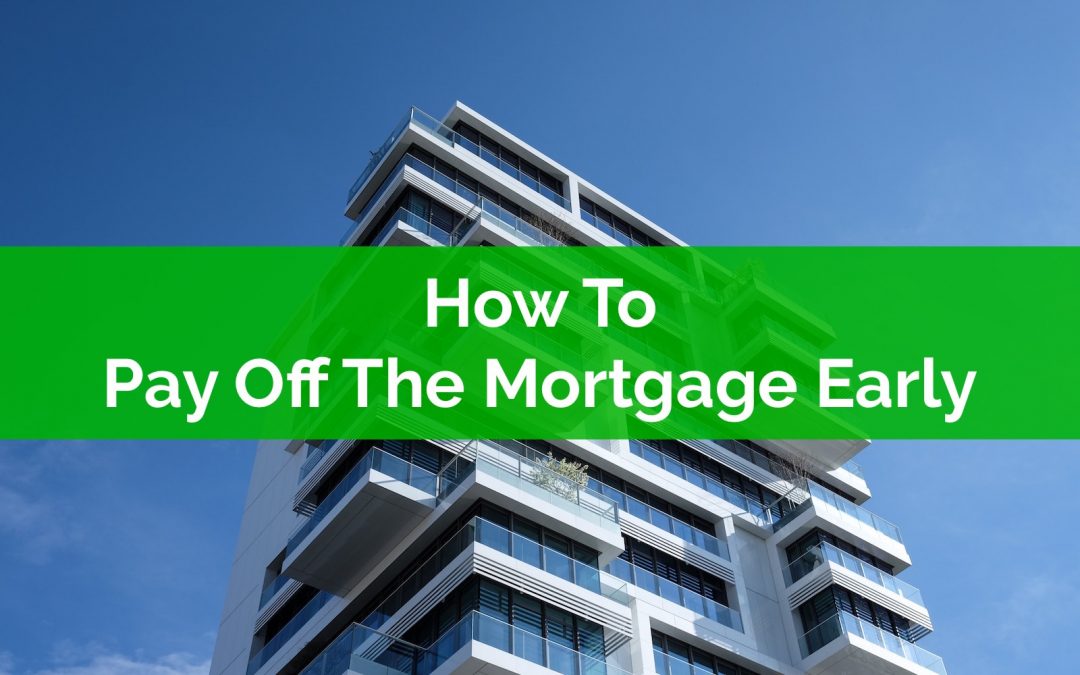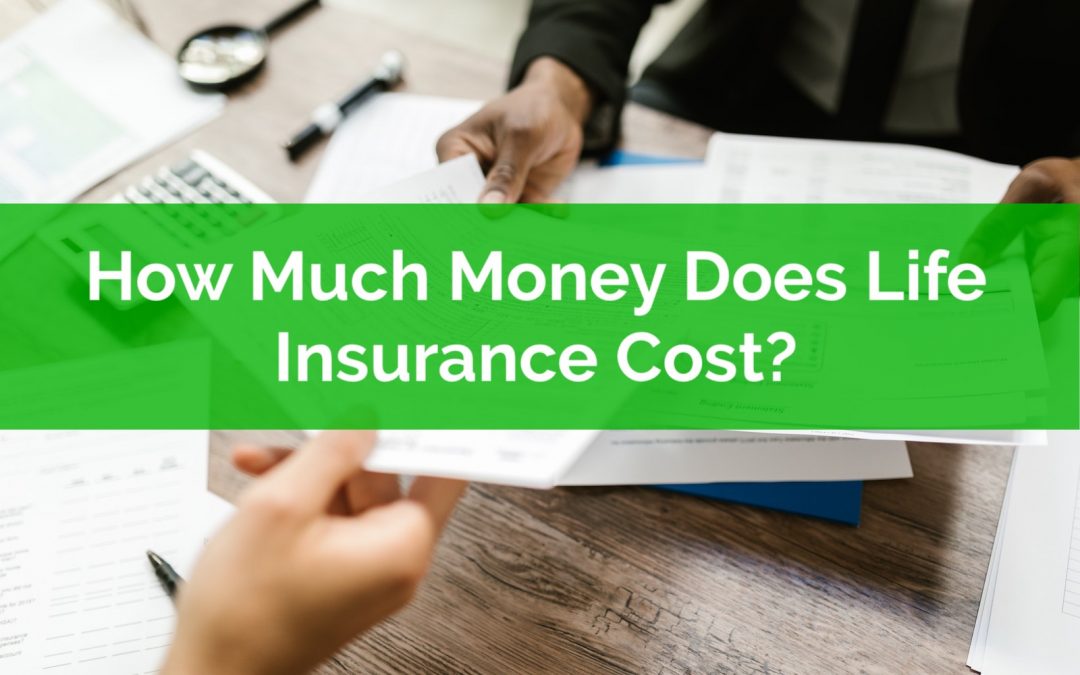
by Owen | Apr 24, 2023 | Behavioral Finance, Buying A Home, Financial Planning, Government Programs, Investment Planning, Retirement Planning, Tax Planning
The largest financial transaction you will ever make is selling your home in retirement. Selling your home in retirement comes with a number of important considerations.
In this blog post we’re going to touch on 9 important things to consider when selling your home in retirement.
Selling a home in retirement can be a core part of many retirement plans. A sale usually takes one of three forms…
– Sell and rent
– Sell and downsize
– Sell when entering long-term care
Often the plan is to hold the home throughout retirement, but it can still be used as a “fall back” asset if necessary. Even if there was never a plan to sell the home, it can still be used to help fund long-term care costs in late retirement.
Each situation above has its unique circumstances but, in all cases, there is a major transaction taking place. So, before you put up the ‘for sale’ sign in retirement there are a few important considerations to highlight.

by Owen | Apr 3, 2023 | Buying A Home, Down Payment, Financial Planning, Government Programs, Investment Planning, Retirement Planning, Tax Planning
There is a new tax advantaged account in Canada, the First Home Savings Account! Along with the TFSA and RRSP, the new First Home Savings Account (FHSA) is another great way to reach your financial goals in a very tax efficient way. The account provides a significant advantage to those planning to purchase their first home and creates a new option for parents who are thinking about helping their children with a future home purchase.
The new First Home Savings Account (FHSA) does add a little bit of complexity to an already complex landscape of tax planning options, however like the TFSA and RRSP, if used properly it can help accelerate progress towards financial goals like purchasing a home and planning for retirement.
When saving and investing for future goals you can now choose between TFSA, RRSP, and the new FHSA, and for families with small children, there is the RESP too.
The new First Home Savings Account is very new, so in this post we’re going to explore how this account works, the eligibility criteria, the contribution and withdrawal rules, some things to possibly watch out for, and some strategic options when using it within your financial plan.

by Owen | Sep 6, 2022 | Behavioral Finance, Budgeting, Buying A Home, Down Payment, Emergency Fund, Financial Planning, Get Out Of Debt, Retirement Planning
There are certain habits that make things way easier, these habits are more important than others, these habits are called keystone habits. Keystone habits create a foundation from which you can make even bigger and more positive changes. Mastering the right keystone habit can transform your life.
We have habits everywhere in our lives and we build new habits all the time (both good and bad!). We use these habits to support our daily lives. These habits make our lives easier, you don’t have to think about what you’re doing, it just comes naturally.
Having a solid keystone habit will create a foundation from which you can make even bigger changes. Eating right, getting regular exercise, sleeping eight hours per night, these are all keystone habits that create a solid foundation from which you can make even more positive changes in your life.
The best part about keystone habits is that once they’re established they don’t take much effort to maintain.
When it comes to personal finance there are 4 important keystone habits. Once these habits are established they create a ripple effect through the rest of your personal finances.
If you practice these four keystone habits then there is nothing you can’t achieve with your personal finances!

by Owen | May 9, 2022 | Buying A Home, Get Out Of Debt, Pay Off Mortgage
One of the largest purchases we’ll ever make is when we buy a home. It’s an exciting time but also very stressful. Along with this large purchase comes an equally large mortgage. This new debt will typically take between 25 and 30 years to pay off, but many people choose to pay off their mortgage earlier.
Paying off the mortgage early is an important financial goal. It’s a goal that typically (and hopefully) is achievable before retirement.
Paying off the mortgage early is a great medium-term goal, something achievable within 10-20 years (or even earlier if you’re really aggressive). This makes it a very interesting financial goal to include in your financial plan. Unlike investing, paying off debt is very predictable, so it can be very motivating to see steady progress against your mortgage each year.
Getting rid of your mortgage is a great feeling! It’s incredibly satisfying to see those mortgage payments disappear forever. It’s also nice to know that you have the security of owning your home outright.
Paying off the mortgage early also removes a large burden from your monthly cash flow. This creates a lot of flexibility to make lifestyle changes, switch careers, take more time off work, or even retire early.
There are different ways to pay off a mortgage early. Which method you choose will depend on your personal and financial goals. The important thing is to make a plan.
Making a mortgage payoff plan can be exciting. It’s amazing to see how those future payments can quickly reduce your mortgage. Making a plan is easy and we’ll show you a couple of examples using our free debt payoff tool. It’s always important to balance paying off the mortgage early against other financial goals, like saving for retirement. So make sure your goal to pay off the mortgage early is part of your overall financial plan.

by Owen | Jan 23, 2022 | Buying A Home, Down Payment, Financial Goals, Financial Planning, Insurance And Risk Management, Saving Money
Life insurance is important, but how much life insurance should you purchase? How much money does life insurance cost? And how can you fit the monthly premiums into your current budget?
These are important questions. Life insurance is an important tool, and it can be relatively inexpensive, but the cost of life insurance can quickly change depending on certain factors.
Life insurance is important when you have people who are dependent on your income. Young families in particular have a high need for life insurance, but at the same time, young families also have a lot of demands on their cash flow.
Purchasing affordable life insurance is an important part of a financial plan and the cost of life insurance needs to fit into monthly spending without causing a lot of stress.
In this post we’ll explore some life insurance costs for a family in their 30’s with a young child. We’ll see how life insurance costs can vary depending on certain factors. We’ll also see how much life insurance costs in a real life situation.

by Owen | Nov 15, 2021 | Behavioral Finance, Buying A Home, Down Payment, Financial Planning
One disconcerting phenomenon we’ve noticed recently is that many people, if they had to purchase their home again today, likely couldn’t afford it.
With changes to down payment rules and mortgage qualification, plus the recent increase in home prices, the “numbers” needed to qualify for a home purchase are higher than ever.
The fact is that many people, if they were to purchase again today, would be priced out of their own homes!
There are a few reasons for this, which we’ll explore below, but based on affordability today, many of us might not be able to afford the home we live in today if we had to purchase it again.
We will also share three examples below of people who purchased their home in the past but likely couldn’t afford the same home today if they had to purchase again.






